A worthy successor of Ho Chi Minh's ideology
After the Geneva Accords of 1954, comrade Le Duan voluntarily stayed in the South to lead the revolutionary movement in extremely harsh and fierce conditions. In U Minh forest, in 1954, he drafted the "Outline for the Southern Revolution", an important strategic document that laid the foundation for the resistance war against the US, paving the way for the promulgation of Resolution 15 of the Party Central Committee (1959) - a historic decision allowing the combination of political struggle with revolutionary violence.
Comrade Le Duan read the Political Report at the 3rd National Congress of the Vietnam Workers' Party, held in Hanoi from September 5 to 10, 1960. (Photo: VNA archive) |
Since the Third Party Congress (1960), as First Secretary, Comrade Le Duan directly led and directed the entire resistance war against the US to save the country. According to VNA, he and the Party Central Committee and Politburo successfully resolved theoretical and practical revolutionary issues in the context of many complicated international developments.
At the Third Congress, the Political Report presented by Le Duan affirmed the path of independence and autonomy of the Vietnamese revolution. In the historical context at that time, choosing a correct and appropriate policy for the revolution was not easy.
Vietnam was not the only country that was divided. During the same period, there were also East and West Germany, South and North Korea. In the trend of temporary reconciliation between the two “sides”, people often talked about “peaceful emulation” or “long-term ambush” but rarely talked about armed struggle, about liberating the country, and unifying the two regions. Comrade Le Duan also affirmed that the path forward of the revolution in the South was the path of Vietnam. That was the revolutionary path of the Vietnamese people and was carried out by the Vietnamese people for their just goals.
Shaping the "People's War" strategy
Since 1960, in his position as First Secretary of the Party Central Committee, Comrade Le Duan was primarily responsible to the Politburo and the Party Central Committee for the revolutionary movement in the South, directly preparing and drafting documents to concretize and gradually perfect the revolutionary line, defining the strategy to liberate the South and unify the country. One of his most outstanding contributions was to shape and persistently implement the strategy of "people's war" - long-term, all-people, and comprehensive.
General Secretary Le Duan welcomed the Cuban Party and Government delegation led by President Fidel Castro to visit Vietnam, September 12, 1973. (Photo: VNA archive) |
In his book Vietnam's American War: A History, historian Pierre Asselin writes: "Among the key figures in Hanoi, it was Le Duan who most strongly promoted the war, advocating the use of armed struggle as the main means of unifying the country. His influence on strategic planning during the war against America was unmatched."
The "people's war" strategy was concretized by building three types of forces (main force, local force, militia and guerrillas), expanding the revolutionary grassroots movement in urban, rural and mountainous areas, combining political and military struggles.
General Offensive and Uprising: Creating a Historical Turning Point
Right from the 11th Central Conference (March 1965), the Party Central Committee's resolution clearly stated: it is necessary to resolutely defeat the aggressive war of American imperialism, not to have illusions about the possibility of peace, and not to rely on the goodwill of American imperialism.
On April 24, 1980, General Secretary Le Duan visited the 202nd Tank Brigade, the unit that captured the Saigon puppet General Staff on April 30, 1975. (Photo: VNA archive) |
That strategic line was concretized by the 1968 Tet Offensive and Uprising. In his book "Vietnam's American War: A History", historian Pierre Asselin analyzed that, although the Tet Offensive did not achieve its immediate military goals, it caused a profound psychological shock to the American public, fundamentally changing America's perception of the war.
According to later historical analyses, the 1968 Tet Offensive was considered an important "psychological turning point" that shook America's political will towards the Vietnam War.
Journalist Walter Cronkite, after a visit to Vietnam, stated on CBS News (February 1968) that the war would "end in a stalemate" and called for honorable negotiations. This statement contributed to a profound decline in the American public's confidence in the possibility of winning the war.
That consistent strategic policy continued to develop to the climax of the General Offensive and Uprising in Spring 1975, leading to complete victory, liberating the South and unifying the country.
A historical stature recognized internationally
The historical role of General Secretary Le Duan is widely recognized by international friends.
In the article The Man Who Won Vietnam's War published in Foreign Policy magazine on April 30, 2021, researcher Mark Atwood Lawrence assessed: "Le Duan, more than any other Vietnamese leader, was the real architect of the victory of the Vietnamese revolution, although he remains little known outside of Vietnam."
The New York Times, in an article dated July 11, 1986, also commented: "Mr. Le (Le Duan) is considered the chief architect of Hanoi's war strategy against the United States."
General Secretary Le Duan (right) visits the German Democratic Republic (October 15, 1975). Photo: VNA archive |
When General Secretary Le Duan passed away in July 1986, leaders of many countries sent condolences to Vietnam. In his condolences, General Secretary of the Communist Party of the Soviet Union Mikhail Gorbachev affirmed: Comrade Le Duan was a steadfast soldier, an excellent leader, who devoted his whole life to the Vietnamese revolutionary cause and the international communist movement.
From Havana, President of the Council of State of Cuba Fidel Castro praised General Secretary Le Duan as a great friend of the Cuban people, who devoted his whole life to the cause of national liberation of Vietnam and the world revolutionary cause.
The Guardian (UK) also noted: "Le Duan was the main strategist of Vietnam's military campaigns during the war with the US, always maintaining a tough stance."
These assessments affirm the historical stature of General Secretary Le Duan: a steadfast and creative strategic leader who contributed greatly to the great victory of the Vietnamese revolution in the struggle for independence and national reunification.
Having gone through the trials of history, General Secretary Le Duan left a deep mark in the struggle for independence and national unification. His practical strategic thinking, steadfastness and decisiveness are valuable lessons that continue to be meaningful in the cause of national construction and development today.
Source: https://thoidai.com.vn/tong-bi-thu-le-duan-kien-truc-su-vi-dai-cua-cong-cuoc-thong-nhat-dat-nuoc-213094.html



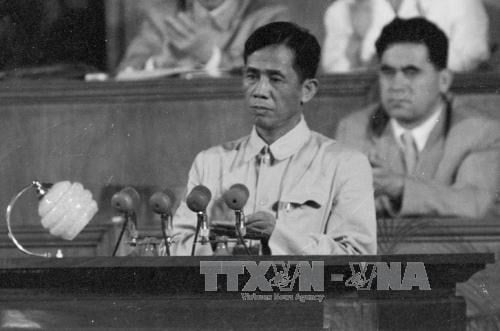
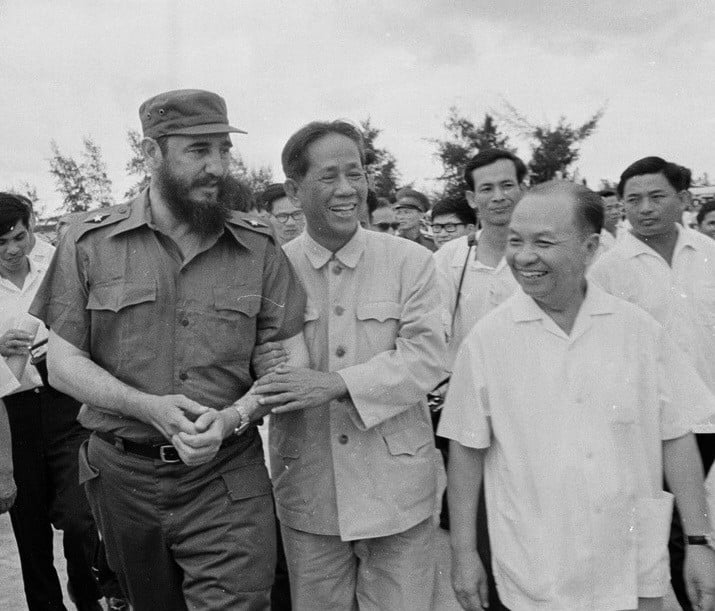
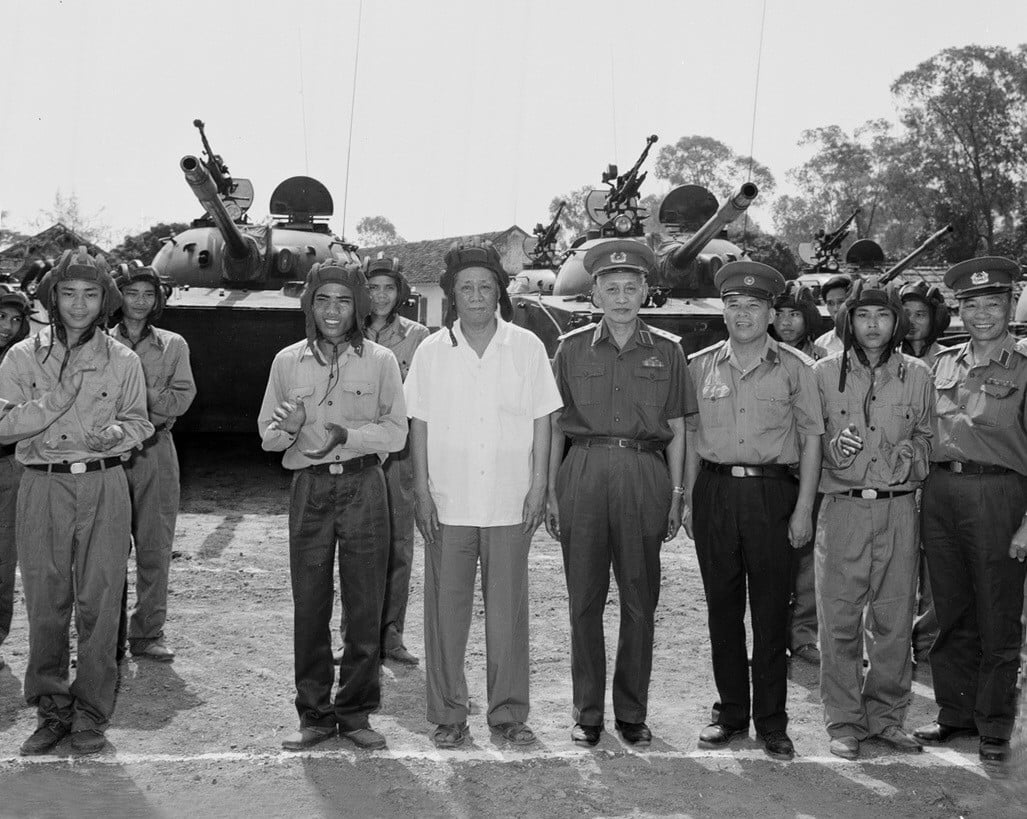
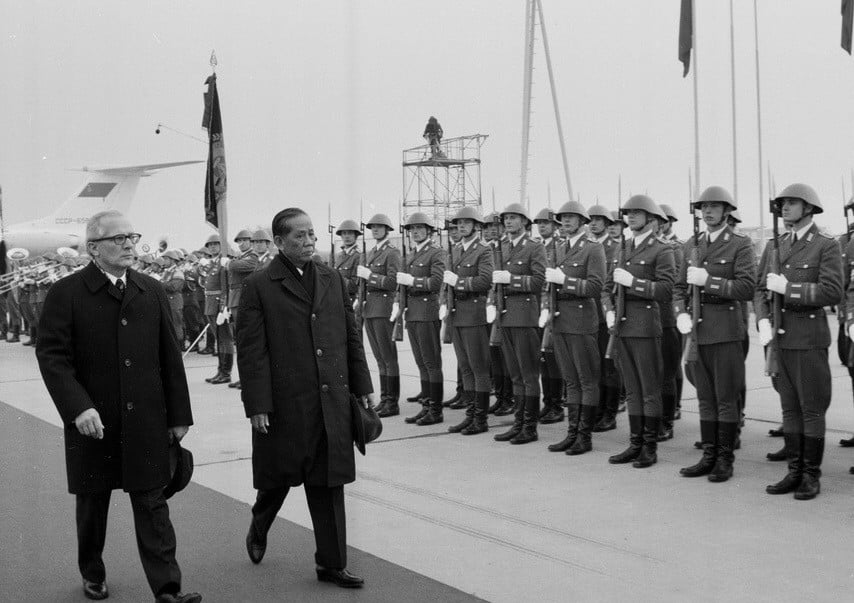

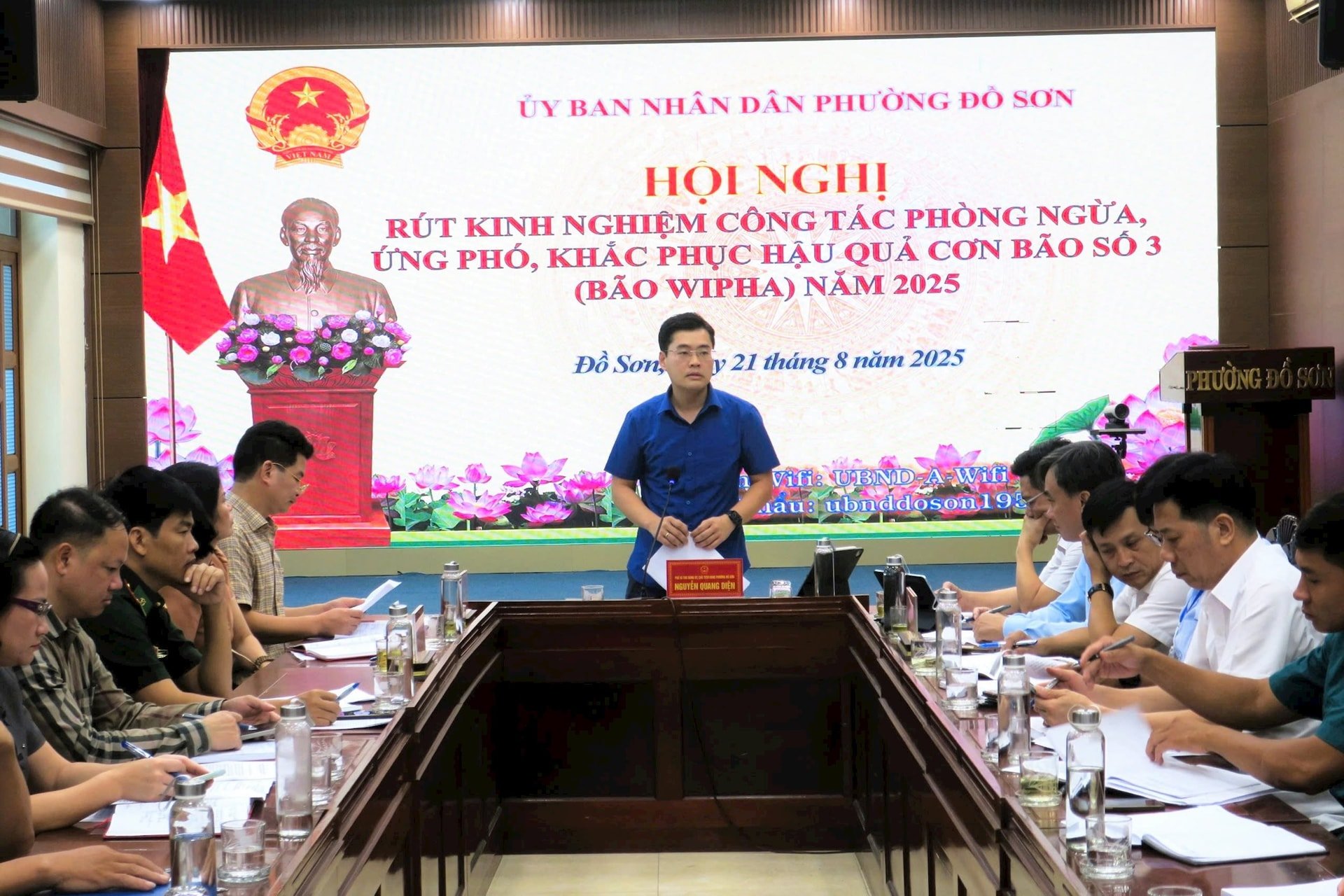





















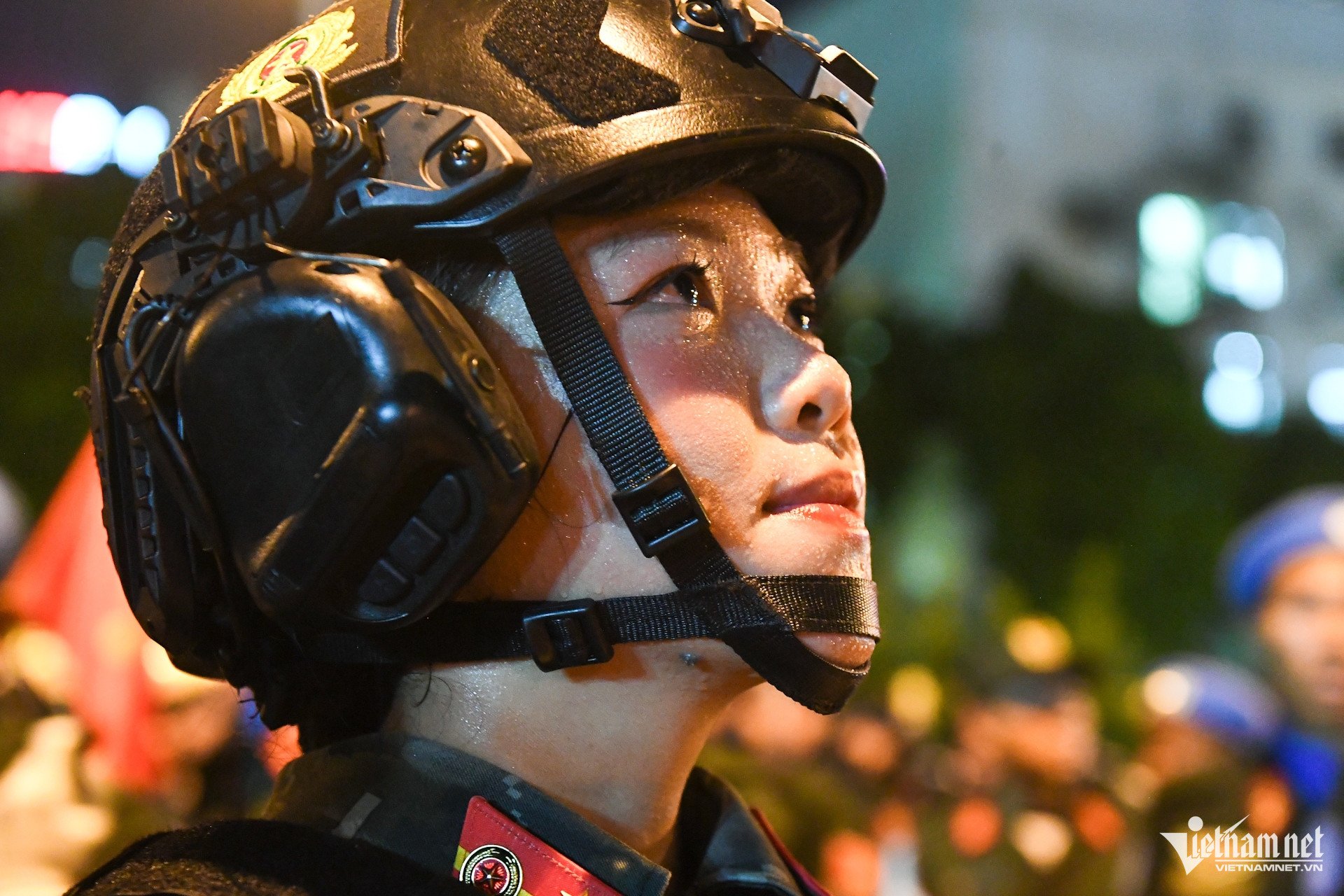





































![[Photo] Politburo works with the Standing Committee of Hanoi Party Committee and Ho Chi Minh City Party Committee](https://vstatic.vietnam.vn/vietnam/resource/IMAGE/2025/8/21/4f3460337a6045e7847d50d38704355d)
































Comment (0)